
OpenAI's big announcement: Why enterprises should pay attention
OpenAI held its first dev day conference last week, and announcements there made huge waves in technology and startup circles. But it’s enterprises that should be paying attention, and here’s why:
OpenAI made significant improvements to ChatGPT -- ones that address critical flaws that made it unsuitable for enterprise use cases because the results were inaccurate, non-credible and untrustworthy. What’s changed is that OpenAI has integrated retrieval augmented generation (RAG) into ChatGPT.
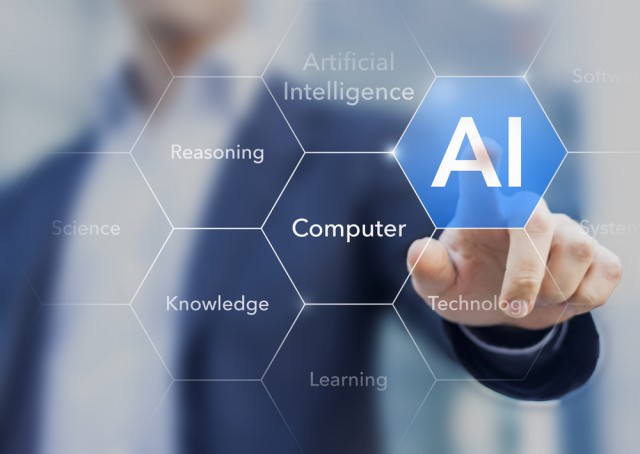
IT leaders want action on AI
A new report shows that 83 percent of IT leaders believe GenAI technology will transform every facet of society and business, with 78 percent saying that understanding its potentially disruptive impact is a top business priority.
The study from Appsbroker and CTS shows 86 percent of organizations have already been impacted by GenAI, with a better understanding of the potentially disruptive impacts of the technology a top priority for 78 percent of them.
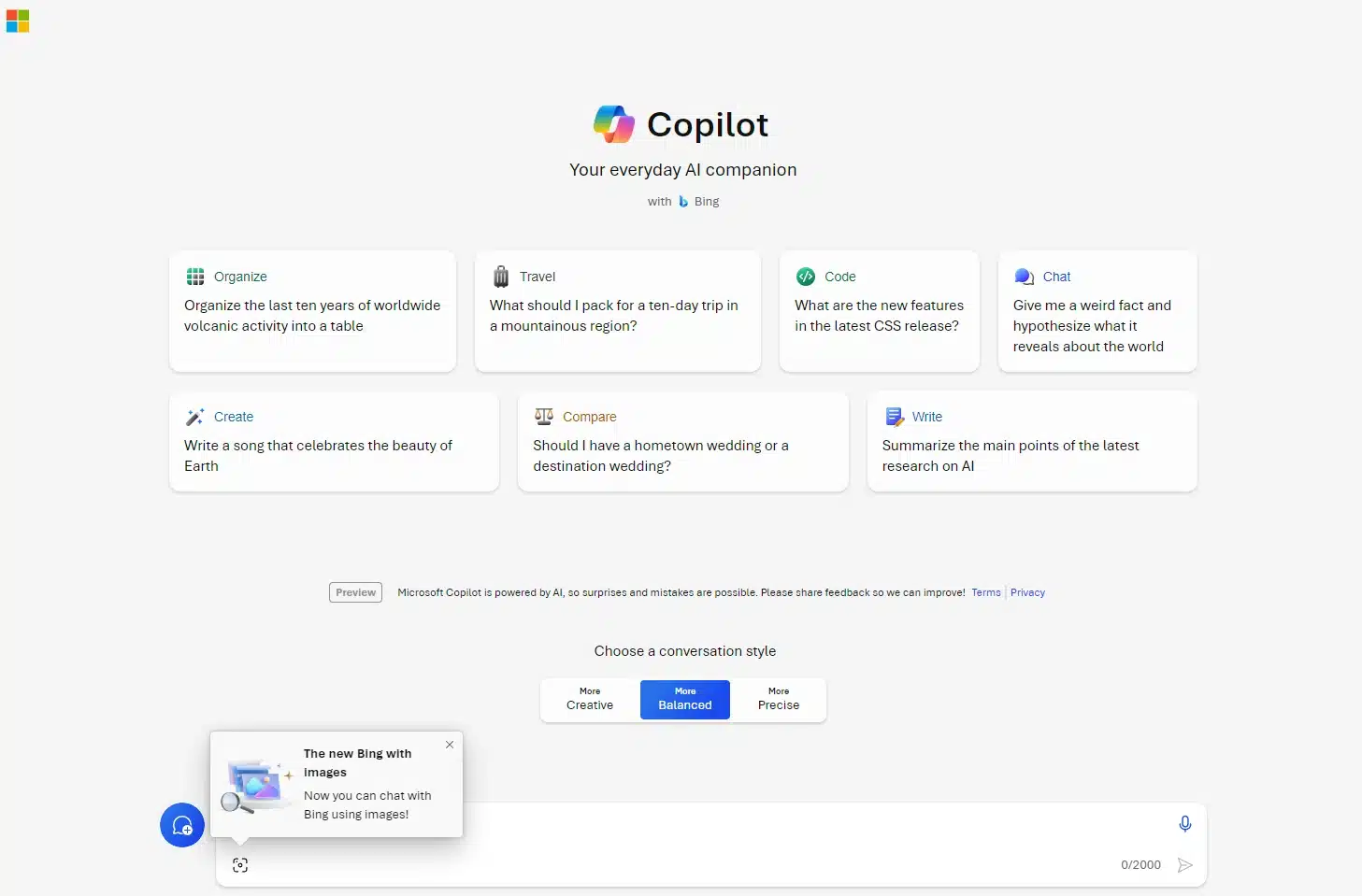
Bing Chat is reborn as Copilot as Microsoft continues its AI push with a rebrand
Microsoft has announced a rebranding of Bing Chat and Bing Chat Enterprise to Copilot as part of its "vision to bring Microsoft Copilot to everyone". There is now a lengthy list of products under the Copilot banner, including Microsoft Copilot and Copilot in Windows, but this latest rebrand feels a little odd.
Despite describing Bing as "our leading experience for the web" Microsoft has opted to ditch much of the Bing branding as it embraces Copilot more fully. The company has also revealed that Copilot will become generally available on December 1.

ChatGPT one year on: Why IT departments are scrambling to keep up
We’re nearly one year on since ChatGPT burst onto the scene. In a technology world full of hype, this has been truly disruptive and permanently changed the way we work. It has also left IT departments scrambling to keep up – what are the risks of using AI? Can I trust the apps with my data?
Should we ban altogether or wait, and see? But if we ban it, is there a risk of being left behind as other companies innovate?

Embracing the future: How AI is transforming security and networking
Network management and security should go hand in hand. However, making these services work has become more complicated and riskier due to the growth of the public cloud, the use of software applications, and the need to integrate different solutions together.
This complex network security domain requires more skilled cybersecurity professionals. But as this need becomes obvious, so does the glaring skills gap. In the UK, half of all businesses face a fundamental shortfall in cybersecurity skills, and 30 percent grapple with more complex, advanced cybersecurity expertise deficiencies.
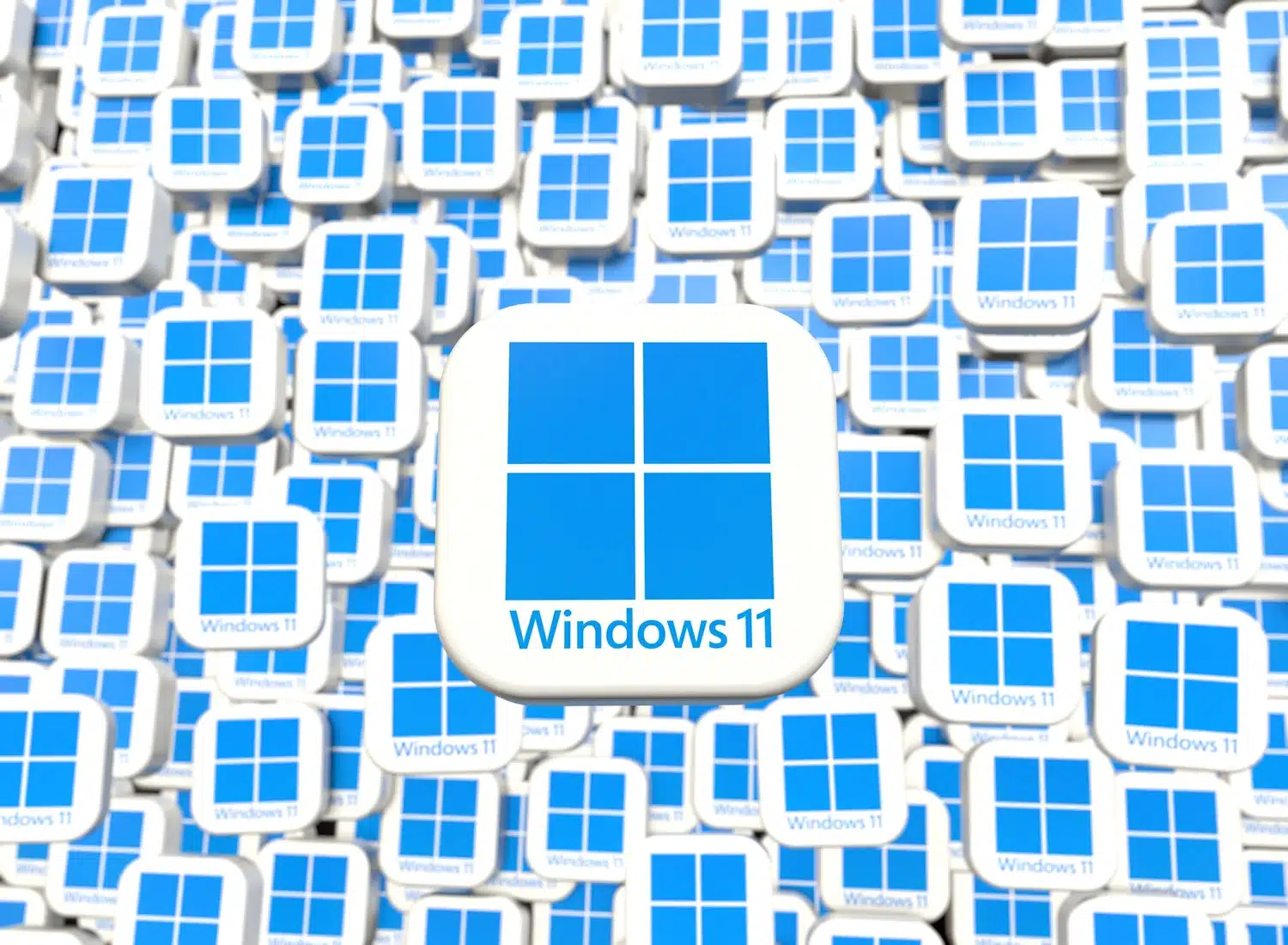
Microsoft releases KB5032190 update bringing an abundance of new features to all Windows 11 users
It is that time of the month again; Microsoft has released a slew of updates including the KB5032190 update for Windows 11.
As this is a cumulative update that includes security fixes, it is therefore mandatory. But the security patches, while nice, are far from being the highlight. KB5032190 is the update with which Microsoft is giving all Windows 11 users access to the new features of Moment 4, including Taskbar changes and Windows Copilot.
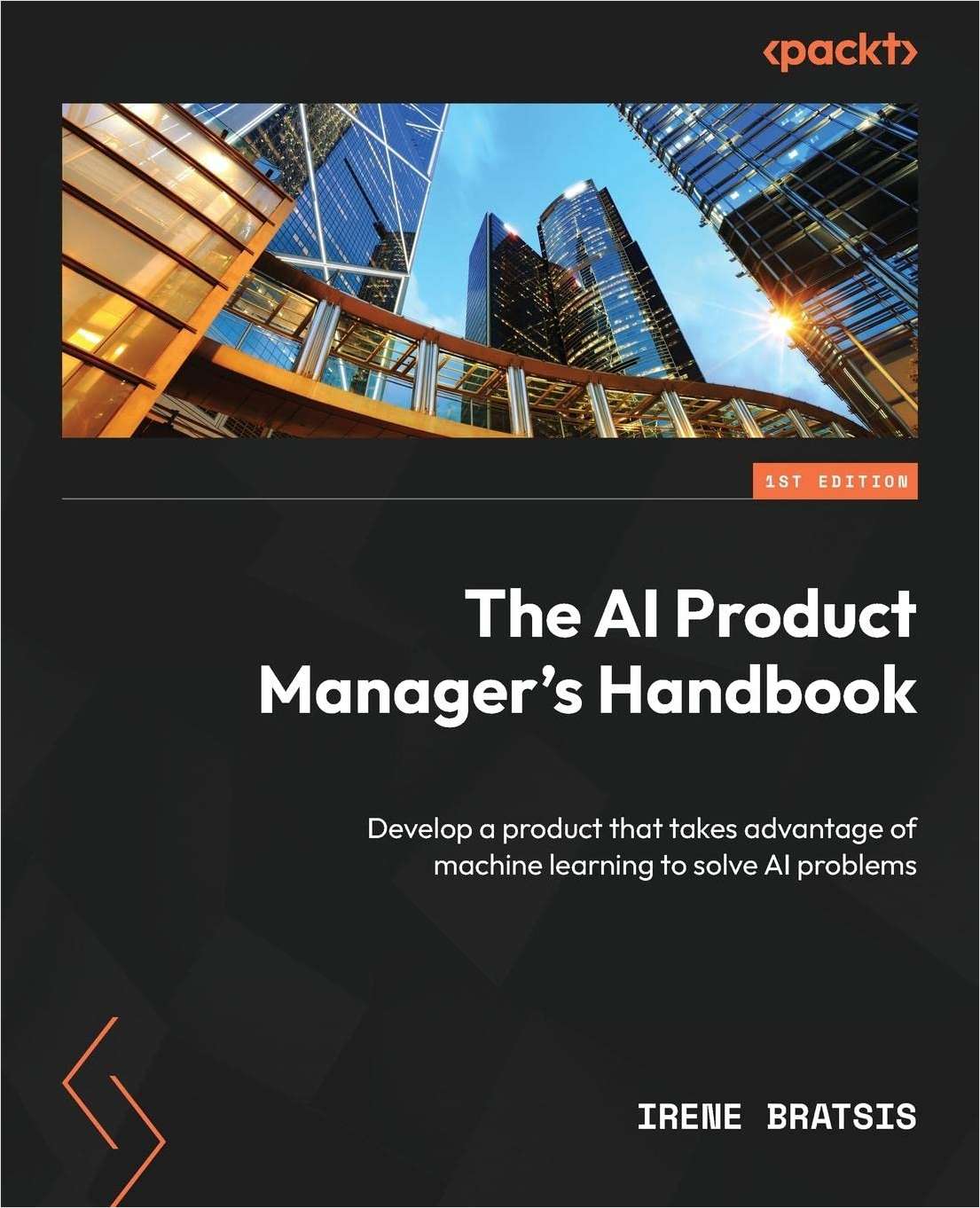
Get 'The AI Product Manager's Handbook' (worth $35.99) for FREE
The AI Product Manager's Handbook is for people that aspire to be AI product managers, AI technologists, and entrepreneurs, or for people that are casually interested in the considerations of bringing AI products to life.
It should serve you if you’re already working in product management and you have a curiosity about building AI products.
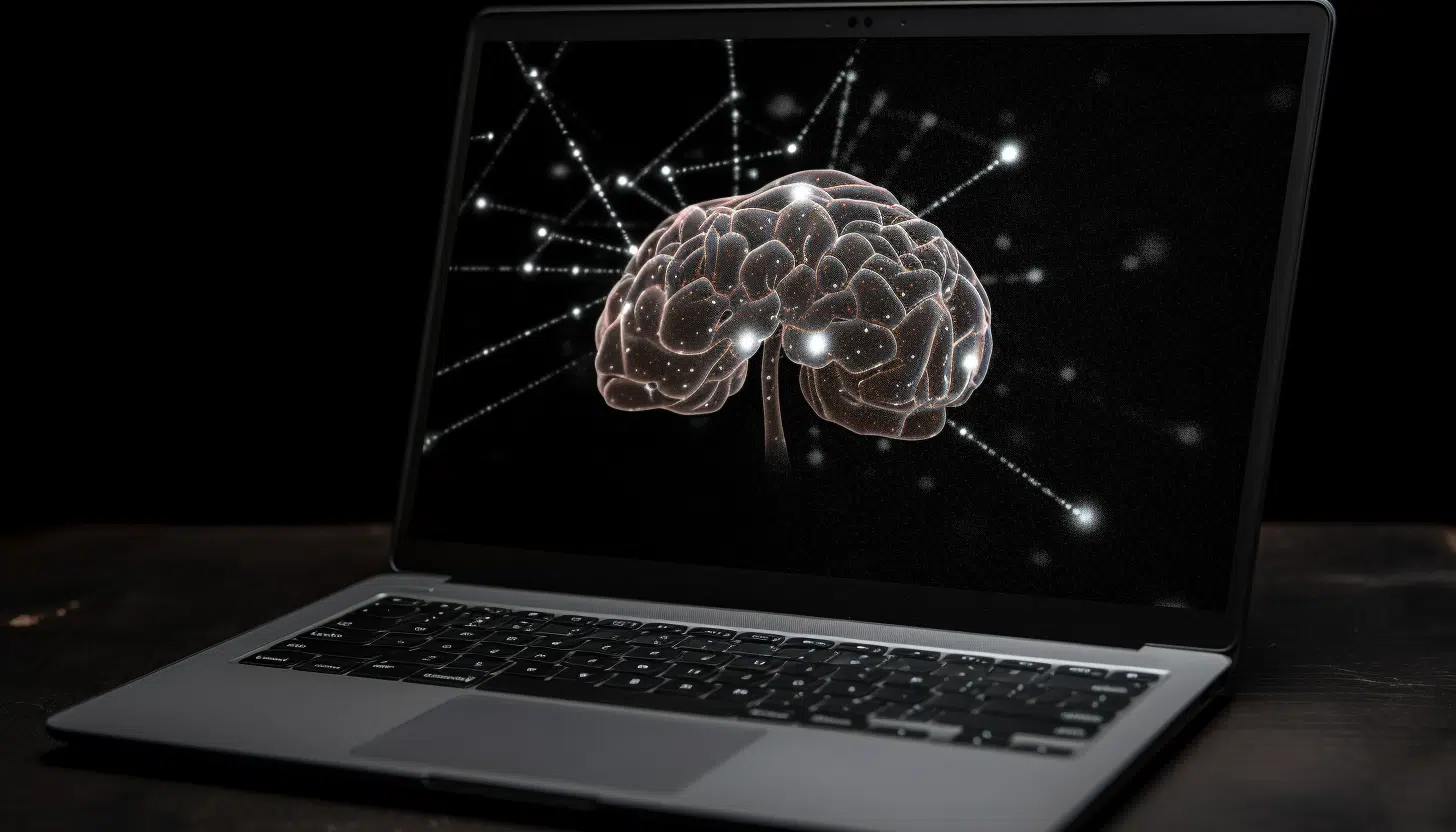
GenAI and its hallucinations: A guide for developers and security teams
With the rapid proliferation of Generative AI (GenAI), developers are increasingly integrating tools like ChatGPT, Copilot, Bard, and Claude into their workflows. According to OpenAI, over 80 percent of Fortune 500 companies are already using GenAI tools to some extent, whilst a separate report shows that 83 percent of developers are using AI-tools to speed up coding.
However, this enthusiasm for GenAI needs to be balanced with a note of caution as it also brings a wave of security challenges that are easily overlooked. For many organizations, the rapid adoption of these tools has outpaced the enterprise's understanding of their inherent security vulnerabilities. This would yield a set of blocking policies for example, Italy had at one point this year completely blocked usage of GPT, which is never the answer.
This misalignment could not only compromise an organization’s data integrity but also impact its overall cyber resilience. So, how should AppSec teams, developers, and business leaders respond to the security challenges that accompany the widespread use of GenAI?

Why ChatGPT won't solve your real-time translation needs
New technologies debut almost every day. This constant barrage of novel tools creates a perpetual cycle of overshadowing -- someone is always introducing a new technology that eclipses the previous innovation, and then something even newer comes out, and the cycle repeats itself. However, OpenAI’s ChatGPT broke that cycle.
Since ChatGPT’s debut in late 2022, the generative AI tool has exploded in popularity. It took just two months for the platform to reach 100 million users, a speed that shattered the previous record for fastest-growing app. The creators of ChatGPT expect the tool to generate $200 million this year and project that number will grow to $1 billion next year. Other businesses, like Google and Grammarly, are taking note. Both of these organizations have developed their own generative AI tool to enhance their business operations.
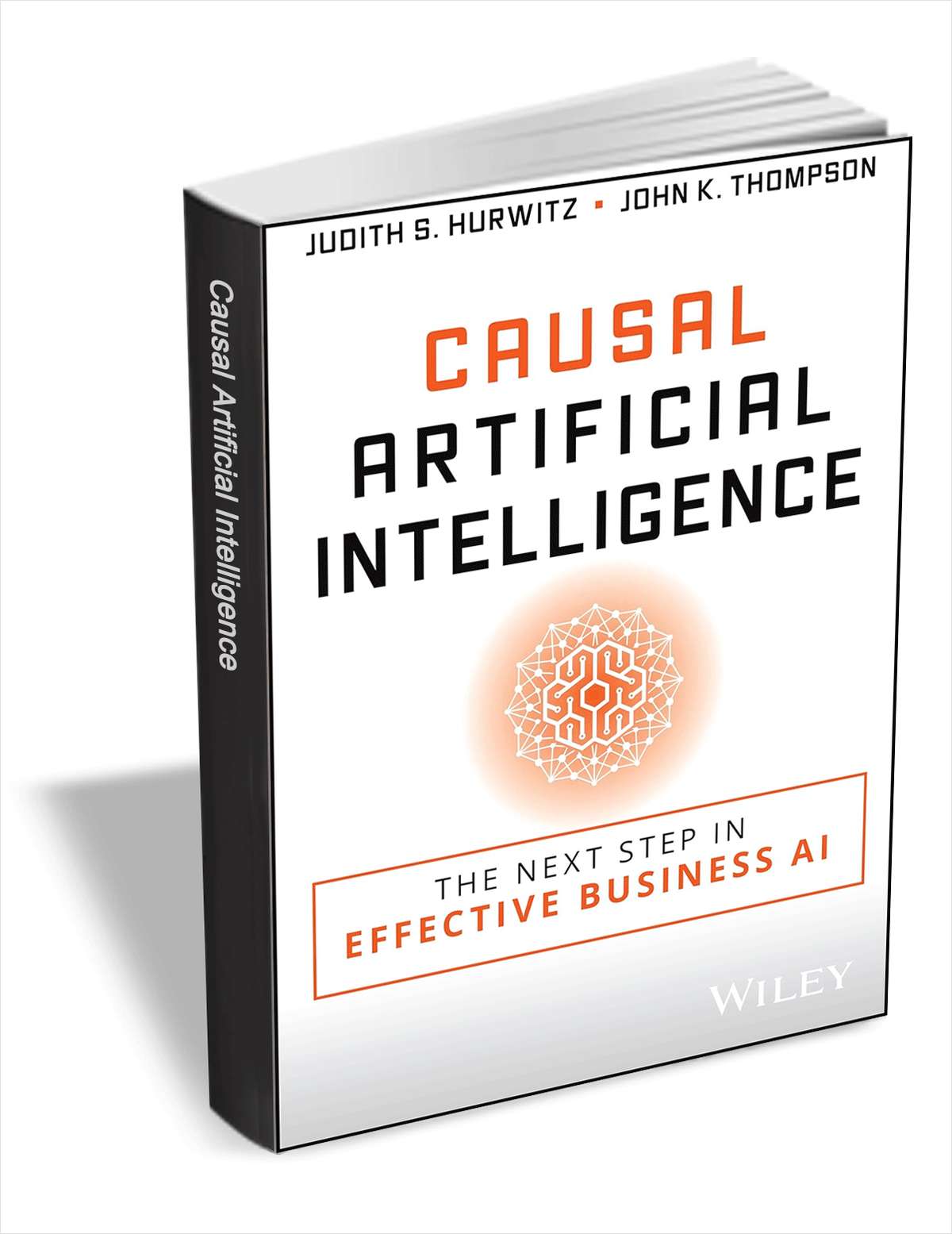
Get 'Causal Artificial Intelligence' (worth $21) for FREE
In Causal Artificial Intelligence: The Next Step in Effective, Efficient, and Practical AI, a team of dedicated tech executives delivers a business-focused approach based on a deep and engaging exploration of the models and data used in causal AI.
The book’s discussions include both accessible and understandable technical detail and business context and concepts that frame causal AI in familiar business settings.

Organizations plan to use more AI in the next few years
A new survey from Snow Software reveals that 72 percent of IT leaders believe their organization will be using more AI in the next two to three years.
The poll of 800 IT leaders from the United States, United Kingdom, Germany and Australia set out to assess how IT decision makers' priorities have shifted over the past 12 months and outline their top areas of focus as they head into the new year.
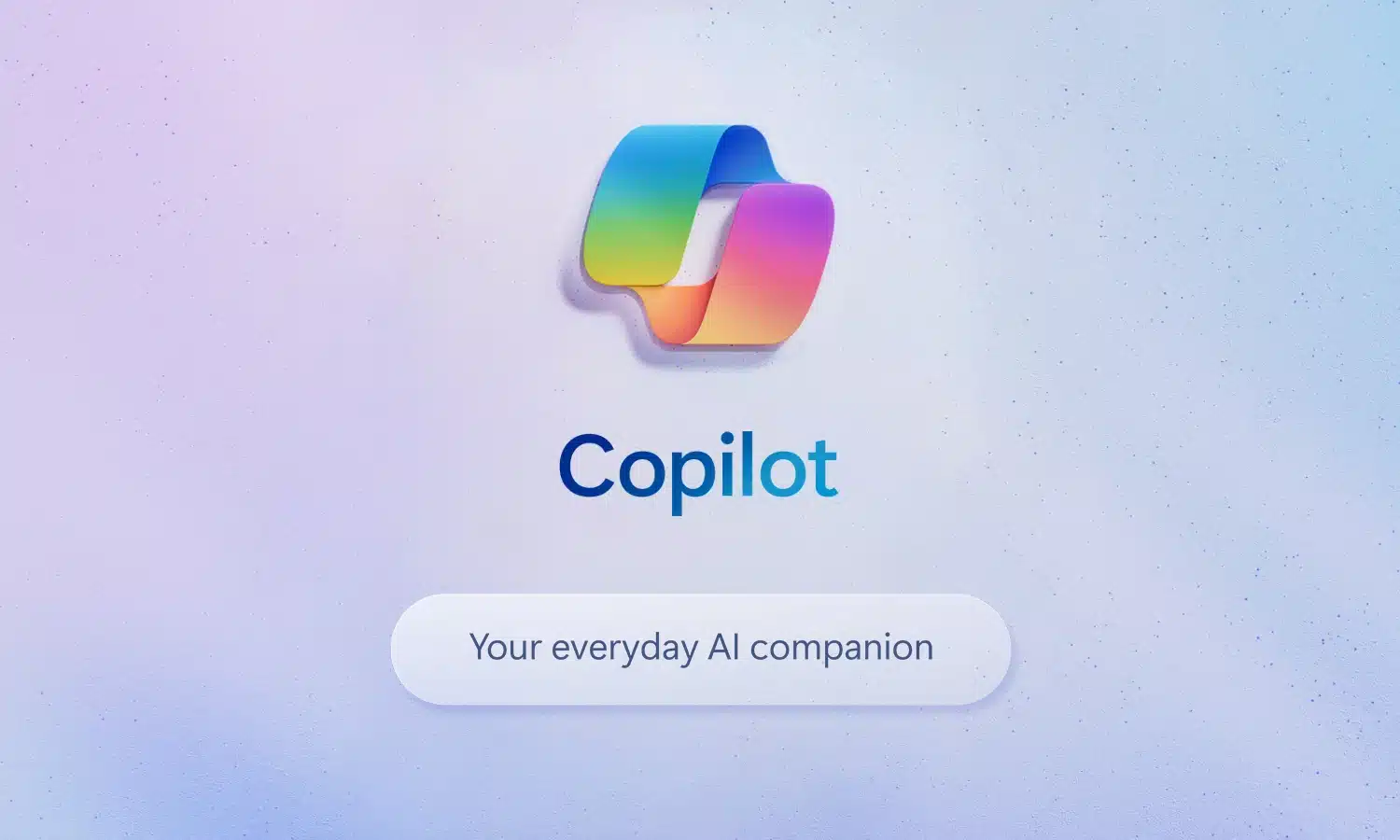
Microsoft looks likely to bring AI assistant Copilot to Windows 10
Windows Copilot has been available to users of Windows 11 for a little while now, as Microsoft continues its march into the world of artificial intelligence. Now it seems that the company is looking bring the AI-powered assistant to Windows 10 as well.
This is, in some regards, a little surprising -- particularly given the age of Windows 10. But there are still over a billion Windows 10 users out there, so it makes a lot of sense for Microsoft to tap into this to extend the userbase for Copilot.

Five tips to inform your AI and data science strategy and maximize your investments
Data science and AI leaders are rushing to accelerate new technology adoption. According to Forrester, generative AI alone will see an average annual growth rate of 36 percent for the next seven years, taking 55 percent of the AI software market. The analyst firm also estimates that by 2030, $79 billion will be spent annually on specialized generative AI applications and $42 billion will be spent annually on generalized generative AI use cases.
Even if Forrester is off by a few billion dollars, moving fast is still critical to achieving success, but so is having an optimal AI strategy. Leaders must ensure that practitioners have the technology they need to innovate. At the same time, they must ensure innovation does not exceed budgets or introduce new risks.

Enterprises struggle with a changing security and compliance landscape
A new report from Vanta shows 67 percent of businesses say they need to improve security and compliance measures with 24 percent rating their organization's security and compliance strategy as reactive.
The expansion of attack surfaces in a post-pandemic hybrid world, combined with shrinking teams and budgets and the rapid rise of generative AI, are fueling an urgent need for companies to improve, and prove, their security posture.

How the .ai domain is benefiting cybercriminals (and a small Caribbean island)
Given all the interest in AI at the moment it's no surprise that cybercriminals are keen to cash in with a rise in AI themed attacks.
One way of doing this is with a .ai domain name. An unexpected beneficiary of this is the British Overseas Territory of Anguilla which has .ai as its country code.
